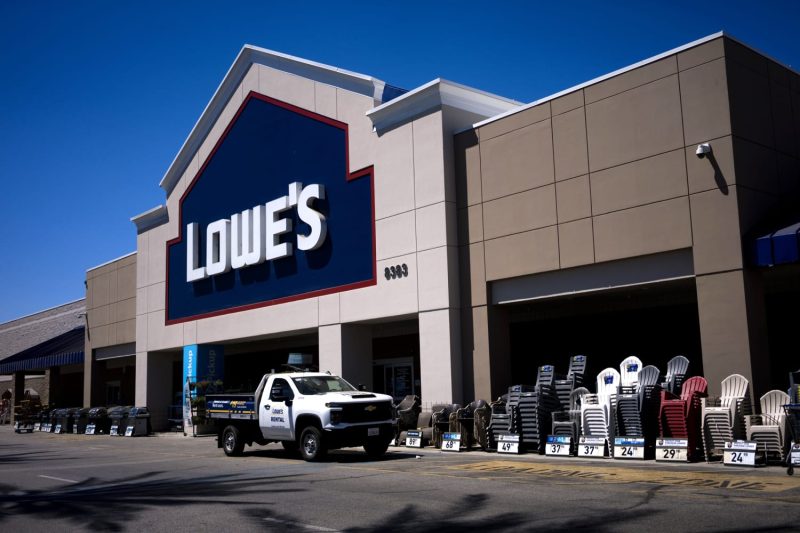In a surprising move, retail giant Lowe’s recently announced a shift in its diversity, equity, and inclusion (DEI) efforts specifically targeted at the LGBTQ community. This decision comes amidst a growing trend in the corporate world where companies are reassessing their commitments to DEI initiatives. Lowe’s is the latest in a line of companies dialing back their efforts in this area, prompting mixed reactions from the public and advocacy groups alike.
The decision by Lowe’s to reduce its focus on DEI efforts aimed at LGBTQ groups raises questions about the company’s dedication to fostering an inclusive environment for all its employees and customers. With the LGBTQ community facing ongoing challenges and discrimination, many are urging companies to prioritize and strengthen their DEI initiatives rather than scale them back.
This move by Lowe’s comes at a time when many companies are grappling with the balance between diversity initiatives and other business priorities. While some argue that the decision reflects a shifting landscape where companies are reevaluating their DEI strategies, others criticize Lowe’s for potentially alienating a significant portion of its workforce and customer base.
Advocates for LGBTQ rights view Lowe’s decision as a step backward in the fight for equality and diversity in the workplace. By reducing its focus on DEI efforts targeted at LGBTQ groups, Lowe’s risks sending a message that these communities are less deserving of support and inclusivity. This could have a detrimental impact on both current and potential LGBTQ employees who may feel marginalized or unsupported in the workplace.
On the other hand, some industry analysts suggest that companies like Lowe’s may be responding to internal and external pressures to realign their DEI efforts with broader company goals. In a competitive market, businesses must often make tough decisions about where to allocate resources and focus their efforts. While DEI initiatives are essential, companies must navigate the balance between social responsibility and profitability to ensure long-term success.
Moving forward, it remains to be seen how Lowe’s decision will impact its reputation, employee morale, and customer loyalty. The reaction from the LGBTQ community and its allies is likely to influence how companies approach their DEI efforts in the future. As discussions around diversity and inclusion continue to evolve, companies will need to carefully consider the implications of their decisions on all stakeholders involved.
In conclusion, Lowe’s recent shift in its DEI efforts aimed at LGBTQ groups raises important questions about corporate responsibility, social impact, and the power of inclusive policies. As companies navigate this complex landscape, they must prioritize diversity and inclusion as core values that drive positive change within their organizations and communities. It is essential for businesses to recognize the importance of supporting and empowering all individuals, regardless of their background, identity, or orientation, to create a more equitable and inclusive society for everyone.


























